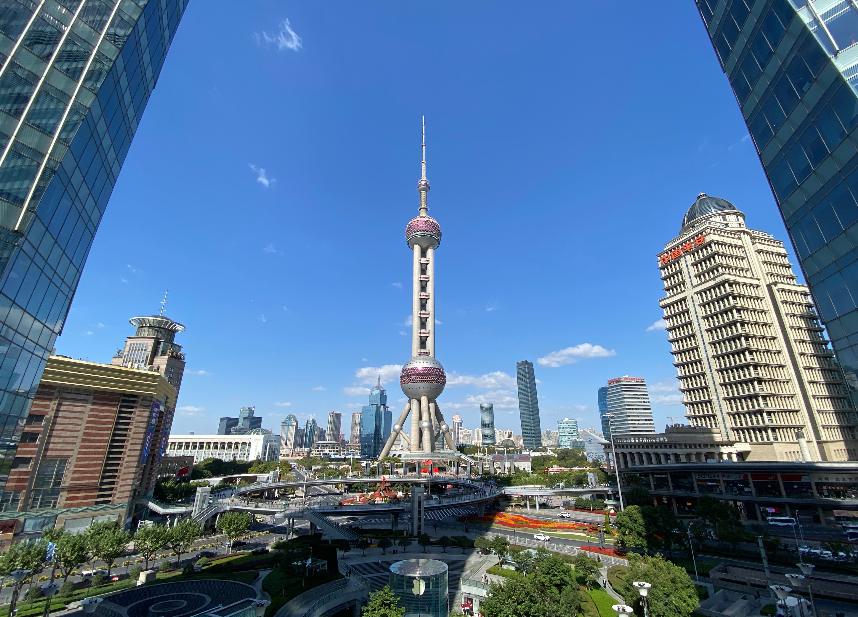GUANGZHOU, March 2 (Xinhua) -- Not long after the Spring Festival holiday, busy work resumed at a number of foreign-funded projects in Guangdong Province, China's manufacturing heartland.
Trucks loaded with building materials could be seen zooming around a construction site in the city of Huizhou, where U.S. energy giant ExxonMobil has broken ground at its solely funded chemical complex.
In Zhanjiang, another city in Guangdong, German chemical giant BASF is pushing ahead with its Verbund project, the first wholly foreign-funded project in China's heavy chemical industry.
High returns on investment, an improving business environment under the promise of further opening-up, and the country's sweeping success in containing COVID-19 have bolstered China's appeal to international investors despite the pandemic and resulting economic slowdown.
According to a report recently released by the American Chamber of Commerce in South China (AmCham South China), 94 percent of U.S.-invested companies expressed confidence in China's business outlook, and over 90 percent of foreign-invested companies said they have already made profits in China.
The majority of respondents to AmCham South China's survey said they considered their overall return on investment in China to be higher than in other places, the report noted.
Over 80 percent of the surveyed companies chose not to shift their investment out of China, none showed a willingness to leave China completely, and nearly 70 percent said they expect to reinvest in China in 2021, it read.
"Compared with previous data, we have witnessed a significant increase of those who are optimistic about China's business, while American companies show more confidence in the business outlook in China," said Harley Seyedin, president of the chamber.
Huge market potential, preferential policies, and the uncertainties of the pandemic in other countries have whetted companies' interest in increasing investment in or shifting investment to China, he said.
French yeast manufacturer Lesaffre Group achieved double-digit growth in its 2020 revenue in China, where it operates four production bases, six factories, four baking centers and one tech center.
"With the advancement of the China-EU investment agreement, we will continue to deepen the fields of personnel training, innovative research and development, and increase investment in China," said Jean-Philippe Poulin, CEO of Lesaffre Greater China.
"In 2020, although we have been impacted by the COVID-19 pandemic and some uncertainties among international relationships, we still achieved positive growth in China," said William Huang, managing partner at Ernst & Young China Southern Region.
Huang noted a huge demand for services concerning strategies, transformation and digitalization, as more traditional companies embrace artificial intelligence and advanced manufacturing to move up the industrial ladder.
"For tech and life science companies, they see China's huge potential here under the 'dual circulation' development pattern," he added.
The landmark foreign investment law put into effect last year and the country's strengthened protection of intellectual property have also been credited for the country's improving business environment.
The AmCham South China report showed that no respondents felt disappointed with China's new rules on handling complaints from foreign-invested companies.
Though only a small number of surveyed companies had appealed a case in China's intellectual property rights courts, most with such experience said they considered the establishment of such courts to be helpful, it read.
Foreign companies in China continue to face challenges including rising costs and a shortage of skilled personnel, said Seyedin.
"We need to work together with the community, universities and the government to develop more talent as we go forward," he said. Enditem




 A single purchase
A single purchase









